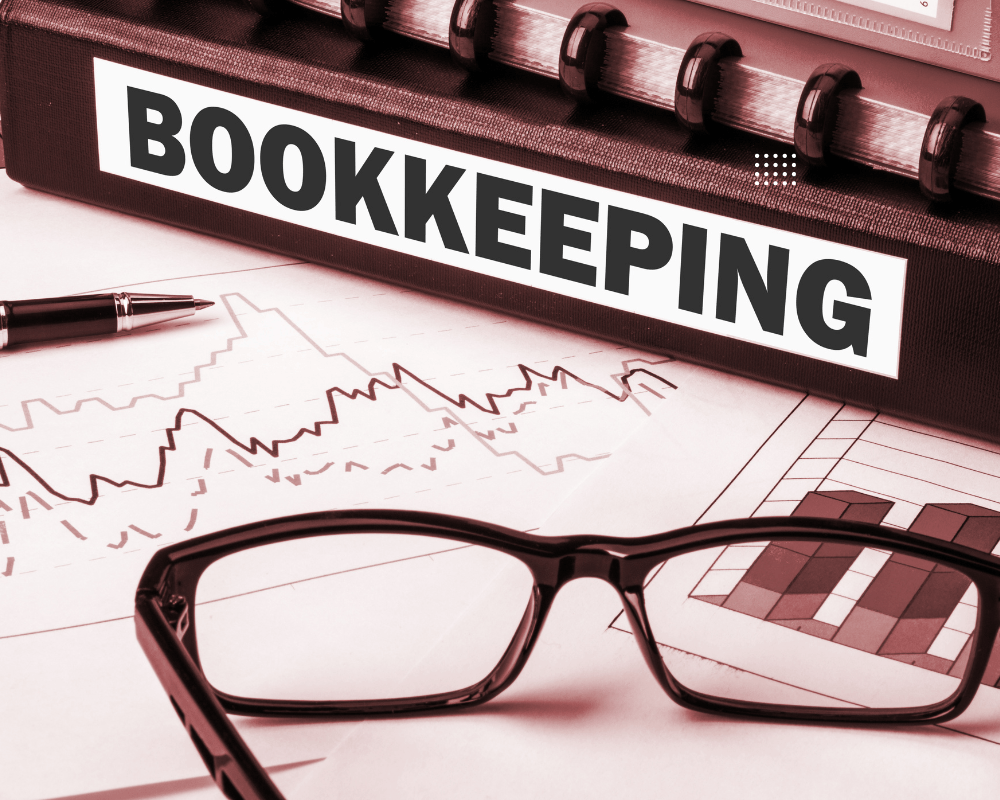Why is Bookkeeping important for SMEs?
Small business owners have a lot on their plate. From managing employees to marketing their products or services, there never seems to be enough time in the day. One area that often gets overlooked is bookkeeping. Bookkeeping is the process of recording financial transactions and keeping accurate financial records. Many small business owners may view bookkeeping as an unnecessary expense or a task that can be put off until tax season, but the truth is that bookkeeping is critical for the success and growth of any small business.
Here are some reasons why bookkeeping is so important for small businesses:
Helps with budgeting and forecasting
Bookkeeping provides an accurate and up-to-date picture of a small business’s finances. With this information, business owners can create budgets and forecasts to help them make informed decisions about their business. Knowing where the business stands financially allows the owner to plan for the future and make adjustments as needed.
Enables accurate financial reporting
Accurate financial reporting is essential for small businesses. It allows them to prepare tax returns, apply for loans or grants, and make informed decisions about investments and expansion. Bookkeeping provides the financial data needed to create these reports and ensures that they are accurate and reliable.
Facilitates timely payments and collections
Keeping track of invoices and payments is a critical part of bookkeeping. With accurate records, small business owners can ensure that payments are received on time and that they pay their bills on time. This is essential for maintaining good relationships with vendors and suppliers and avoiding late fees or penalties.
Helps with business planning and growth
Bookkeeping can help small business owners identify trends in their finances, such as sales patterns or expenses that are increasing faster than revenue. Armed with this information, owners can make informed decisions about their business, such as when to hire additional staff or when to expand to a new location.
Reduces the risk of errors and fraud
Without accurate bookkeeping, small businesses are at risk of errors and fraud. Errors can result in incorrect financial statements and tax returns, while fraud can result in financial losses and damage to the business’s reputation. Proper bookkeeping practices, such as reconciling bank statements and regularly reviewing financial reports, can help prevent these risks.
In conclusion, bookkeeping is critical for the success and growth of small businesses. It provides accurate financial information that enables informed decision-making, facilitates timely payments and collections, and reduces the risk of errors and fraud. As a small business owner, investing in bookkeeping is an investment in the long-term success of your business.












